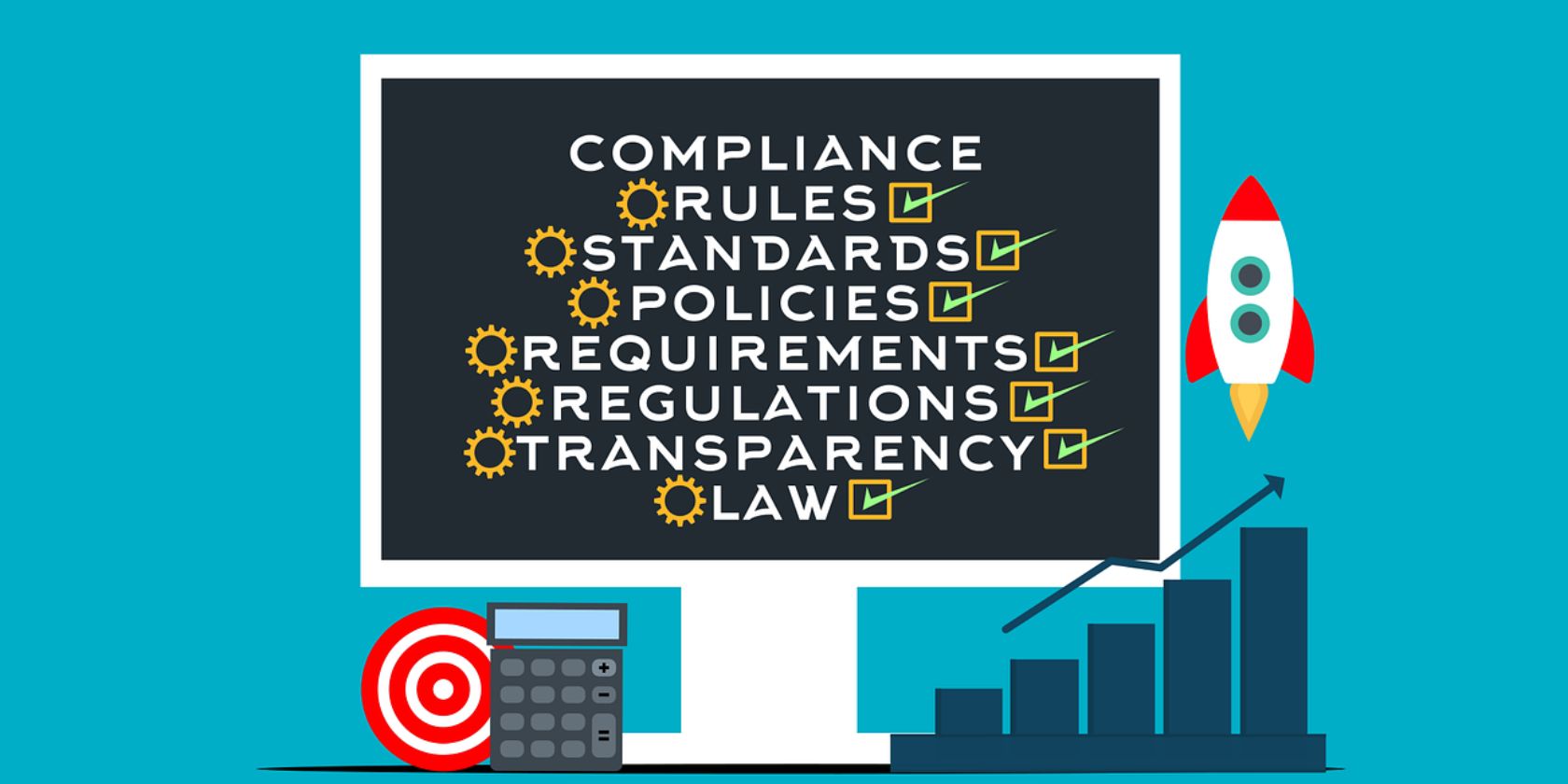The Health Insurance Portability and Accountability Act (HIPAA) sets strict standards for protecting patient privacy. In particular, the HIPAA Privacy Rule emphasizes the significance of document retention to ensure compliance.
This article will explore the importance of HIPAA document retention for healthcare providers and discuss guidelines for creating effective retention policies.
Table of Contents

Understanding HIPAA Document Retention Requirements
Legal obligations for covered entities and business associates
Covered entities, including healthcare providers, health plans, healthcare clearinghouses, and their business associates, have legal obligations to uphold patient privacy. Implementing and maintaining an effective HIPAA document retention policy is essential to protect patients and avoid fines and lawsuits.
The American Medical Association emphasizes that failure to comply with HIPAA can lead to civil and criminal penalties. If someone complains that a healthcare organization violates HIPAA, the U.S. Department of Health and Human Services (HHS) Office for Civil Rights (OCR) can ask the Department of Justice (DOJ) to investigate the complaint.
Retention periods for various types of HIPAA-related documents
According to the U.S. Department of Health and Human Services (HHS), the HIPAA Privacy Rule does not specify the exact retention periods for medical records and other HIPAA-related documents. Instead, it defers to state laws, which dictate the duration of record retention. Also, it mandates that healthcare providers use suitable administrative, technical, and physical measures to safeguard the privacy of medical records and other protected health information (PHI) for as long as the provider keeps such information, including during disposal.
Additionally, the Code of Federal Regulations, specifically 45 CFR 164.316 and 45 CFR 164.530, specifies the time limit for retaining HIPAA documents. Both sections mention that the duration for document retention is six years, starting from either the date of their creation or the date when they were last in effect, depending on which one is more recent. Moreover, The HIPAA Guide mentions that some states may require longer time limits, so healthcare organizations should be familiar with state laws.
The HIPAA record retention requirements apply to the following documents:
- Privacy Notices
- Consent Forms
- Financial Records
- HIPAA-Compliance Policies and Procedures (e.g., Information Security and Privacy Policies, Employee Sanction Policies, HIPAA Breach Documentation, and the like)
- Business Associate Agreements

Implementing Effective Document Retention Policies
Implementing effective HIPAA retention guidelines is one of the factors to HIPAA compliance. Here are some critical steps :
- Comply with legal requirements – Familiarize yourself with the HIPAA document retention guidelines and other applicable regulations specific to your industry.
- Identify documents with retention periods – Know the various HIPAA documents within your organization that fall under document retention laws.
- Develop a document retention policy – Create a HIPAA-compliant policy that outlines your organization’s approach to document retention, including documents in digital formats.
- Train Employees – Conduct training sessions to educate employees about the document retention policy and procedures. Ensure that they understand the importance of compliance and the potential consequences of non-compliance. Train them on how to handle and store documents securely and how to follow the designated retention periods.
- Adopt HIPAA-compliant tools – Use secure technology and procedures when accessing, transmitting, and receiving documents.
- Properly dispose PHI – Develop guidelines for the proper disposal and destruction of documents at the end of their retention periods.
- Conduct regular audits and compliance checks – Review and audit your document retention practices to ensure ongoing compliance.
- Monitor changes in regulations – Update your policies in accordance with changing HIPAA regulations or other applicable laws.
Creating and updating your retention policy
Developing a comprehensive HIPAA document retention policy is vital for healthcare providers. This policy should include guidelines for document retention, privacy and security measures, employee training, and document disposal procedures. Regularly reviewing and updating the policy ensures it remains aligned with evolving regulations and industry best practices.
Training employees on document retention procedures
Healthcare providers should invest in employee HIPAA training programs to educate staff about document retention guidelines. Employees should understand the importance of proper document handling, storage, and disposal. By raising awareness and providing ongoing training, organizations can create a culture of compliance and reduce the risk of data breaches.
Secure Storage Solutions for HIPAA Documents
Physical storage considerations
Healthcare providers must implement secure physical storage solutions to safeguard HIPAA documents. This may include locked filing cabinets, restricted access areas, and controlled visitor protocols. Adequate measures must be in place to protect physical records from theft, unauthorized access, or damage.
Digital storage solutions and security measures
Digital storage of HIPAA documents requires robust security measures to protect sensitive information. Encryption, access controls, and firewalls are essential for a secure digital storage infrastructure. Regular system updates and patches address vulnerabilities and ensure compliance with HIPAA security requirements. Using HIPAA-compliant technology such as secure fax minimizes the risk of data breaches.
Managing Document Disposal and Destruction
When and how to dispose of HIPAA documents
Healthcare providers must adhere to proper procedures for disposing of HIPAA documents. Retention periods specified by state laws should guide the timing of document disposal. Once documents are no longer needed, they should be disposed of promptly to minimize the risk of unauthorized access or breaches.
Ensuring secure destruction of sensitive information
Secure document destruction methods, such as shredding or incineration, protect patient information during disposal. Working with reliable and certified document destruction services helps ensure compliance and provides a verifiable chain of custody.
Conducting Regular Audits and Compliance Checks
Monitoring your document retention practices
Once you have implemented document retention policies and procedures, it is essential to regularly monitor and evaluate their effectiveness. Regular audits and compliance checks are necessary to assess the effectiveness of document retention practices. Healthcare providers should review their policies, procedures, and security measures periodically. These audits help identify areas for improvement and ensure ongoing compliance with HIPAA’s requirements.
Addressing potential compliance issues
If data breaches are identified, healthcare providers must take immediate action to rectify the situation. This may involve investigating the cause of the non-compliance, implementing corrective measures, and notifying affected individuals as HIPAA regulations require.
Healthcare providers must prioritize HIPAA document retention to protect patient privacy and maintain compliance. Organizations can safeguard patient information and mitigate the risk of privacy breaches by understanding the legal obligations, establishing effective retention policies, providing employee training, and implementing secure storage and disposal practices. Regular monitoring, audits, and addressing potential compliance issues are crucial for maintaining a strong culture of privacy and security in healthcare settings.








